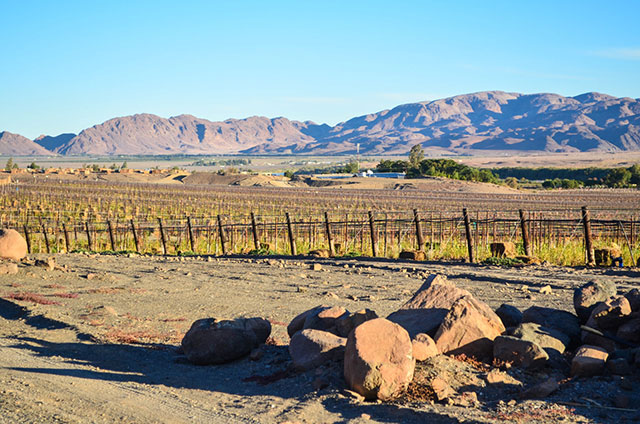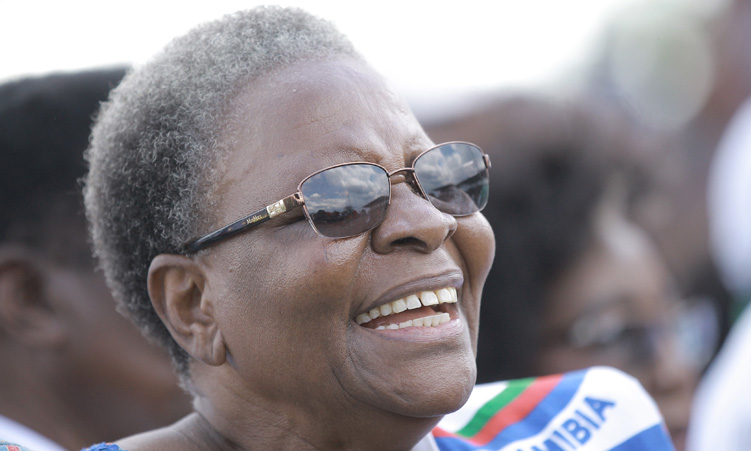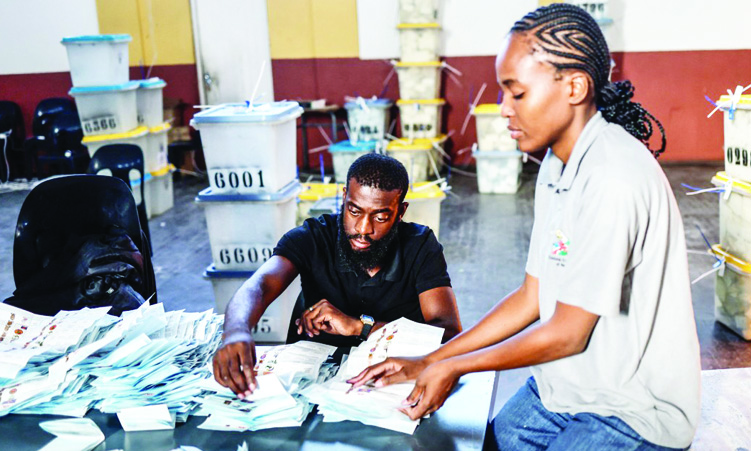As elections approach, both countries must balance politics, investor concerns and the need to rectify historic injustices.• RONAK GOPALDAS and MENZI NDHLOVU
While land reform has dominated South Africa’s headlines, it has also emerged as a major polarising issue in Namibia ahead of next year’s national election.
Populist pressure, fears around the trajectory of the economy and uncertainty about how the process will be administered in Namibia have raised alarm, particularly among investors.
With last year’s rating downgrade to sub-investment level, and growth outlook depressed, the Namibian economy remains vulnerable.
Jittery investors are now zooming in on two questions in particular – whether Namibia’s handling of the land issue bears any similarity to South Africa’s, and whether it merits the same level of concern.
First it is important to understand the similarities between the two countries. Both have segregationist history and inequality is still dominated across racial lines.
Both countries have key elections in 2019 with incumbent governments facing dissatisfaction around the slow pace of transformation (much of which can be attributed to their own inefficiency rather than legislative prohibitions).
It is in this context that the current clamour around the respective land debates needs to be understood.
Current land policies have failed to launch in both countries – evidenced by land ownership statistics, which remain racially skewed.
In South Africa, according to the government’s 2018 Land Audit Report, whites own 72% of farms and agricultural holdings, coloured people 15%, Indians 5% and blacks 4% (all individual ownership).
These figures – and indeed the report – have been questioned.
Commentators say the baseline measurements have been manipulated for political profit. However this doesn’t change the underlying notion that the distribution of individual ownership is misaligned with the country’s demographics.
Namibia is no different. According to the 2018 Namibia Land Statistics report, domestic and foreign white citizens own about 70% of commercial or freehold agricultural farmland.
In both countries, whites account for less than 10% of the total population.
Statistics also show that despite commitments to transforming the nature of land ownership in both countries to better reflect population demographics, not enough has changed.
Land reform is not the only initiative that has failed to launch, but land dispossession was central to the segregationist policies that dominated both countries’ pasts.
Many of their ongoing socio-economic challenges can be traced to this. In both countries, the issue is less about land itself, and more about inclusion, dignity and the need for general redress.
Land is the lightning rod representing dissatisfaction with the status quo, and unhappiness with a lack of economic opportunities and the racialised economic structure of both economies.
The issue also carries political currency in each context, particularly as elections approach.
However there are crucial differences in how land reform historically fits in to the ruling parties’ discourse and the type of land that people want.
In Namibia – much like Zimbabwe – a largely ethnically denominated liberation movement and now ruling Swapo party fought a ‘people’s war’ over land.
In contrast, given the multi-ethnic urban elitist composition of South Africa’s ruling African National Congress (ANC), there was little mobilisation for a land-based people’s war but rather for broader political and economic inclusivity, of which land was part.
With roughly 50% of Namibia’s population situated in rural areas, popular demand is mostly for rural land.
The political pressures for reform also vary in intensity, which might explain the difference in approach, specifically towards expropriation without compensation.
In South Africa, land reform has become a political football between the ANC whose grip on power is now less assured, and the rival leftist Economic Freedom Fighters (EFF), which sought to capitalise on land reform as an emotive electoral issue.
President Cyril Ramaphosa hasn’t been helped by ANC cliques that, like the EFF, advocate for a more rigorous expropriative policy.
Stay informed with The Namibian – your source for credible journalism. Get in-depth reporting and opinions for
only N$85 a month. Invest in journalism, invest in democracy –
Subscribe Now!






